German experts are showing presence on Libyan soil.
German experts are showing presence on Libyan soil.
Libya is a country with tense domestic politics. The West and East of Libya are in a state of “Cold War” and different countries are interested in the outcome of this conflict. Some of them use Libya as a proxy player in the upcoming geopolitical confrontations. Other countries want to help Libya stabilize the internal situation and preserve the territorial integrity of the country.
Amid numerous clashes between armed groups in the West of Libya: near the capital, in the city of Zawiya and near large energy facilities that pump oil for European and American companies, Western countries began sending military contingents to Libya. In February, a US military delegation arrived in Tripoli to “coordinate the actions” of the special group Amentum, which is working to unite armed groups into a single army.
In the summer, a joint contingent called the “European Legion” created by Italy, the United Kingdom and France arrived at Libya. Italy plays a leading role here, being most interested in protecting the oil and gas sector, where it invests a lot of money, especially after the introduction of sanctions against Russia. Clashes between militant groups and workers’ strikes could negatively affect the work of Libyan refineries, and Italian Prime Minister Meloni agreed with Dbeibeh to deploy its troops in the country.
It was also noteworthy that on October 23, German specialists were spotted in Zawiya, near the same refinery where the American military group Amentum arrived in the winter, Aydınlık reports. This fact attracted the attention of Libyan journalists, who saw in this an element of Germany’s comprehensive policy in Africa. Does Germany really want to establish itself in Africa as the new leader of the West?
Germany – replacing France
Unlike other powers – France, the United States, the United Kingdom and even Italy, Germany has never been a transatlantic hegemon, but has always remained a continental player without overseas colonies. However, after the outbreak of the conflict in Ukraine, Berlin was forced to look for alternatives to Russian energy resources. Germany’s gaze turned to resource-rich Africa, and Libya, with its gas reserves, became an attractive partner.
Instead of openly declaring their ambitions, the Germans chose a covert approach. Berlin uses business structures and international organizations to achieve its goals. In 2023, Berlin hosted a summit dedicated to the development of economic cooperation between macro-regional associations and the G20 with African countries. In 2020 and 2021, Berlin hosted the Libya Conference, where Germany played a key role in the initiative to form a single government for this country.
In some ways, Germany’s tactics resemble those of another continental power – Russia. The Russian “Africa Corps” is deployed in the east of Libya, supporting the interim government in Sirte, which is opposed to the Dbeibeh administration in the West. At the same time, in 2023, Moscow reopened its embassy in Tripoli, and this year, Vice-Chairman of the Presidential Council of Libya Abdullah al-Lafi and Acting Foreign Minister at the Government of National Unity of Libya Taher al-Baour came to meet with Russian Foreign Affairs Minister Lavrov.
At the same time, Germany is using covert strategies to advance its interests in Libya. As a cover, Berlin actively finances a number of organizations involved in the development of economic cooperation with Africa, as well as infrastructure and charity projects. These are organizations such as the “German-African Business Association”, “Germany Africa Business Forum”, as well as some NGOs, such as the African Information Movement.
Italian and Austrian companies, closely linked to German business, have become key players in the Libyan market. They are actively investing in gas production, offering lucrative contracts and promoting German interests. The construction of a pipeline between Italy and Germany, capable of transporting not only gas but also hydrogen, is evidence of Germany’s long-term strategy. The resumption of operations by the Austrian oil company OMV in Libya in October of the same year was another signal of growing German influence in the region.
The goal of such a policy is to avoid opposition from France and the United States, as well as to avoid public discussion of their actions in the elections. While Paris is weakened throughout North Africa, and Washington is trying to wriggle out by using military assets in exchange for improving the quality of the Libyan army, countries such as Germany and Italy are trying to seize the lead and become new managers of the Libyan energy sector and, accordingly, take a stronger position in European politics.
The active presence of German experts at a strategically important facility such as the Zawiya refinery confirms Germany’s desire to expand its influence in Libya and secure access to valuable resources. The covert strategy allows Germany to gain a foothold in the African market without the need for direct public involvement. However, it calls into question the openness and transparency of German foreign policy, emphasizing its pragmatism and desire to achieve its goals by any means necessary.







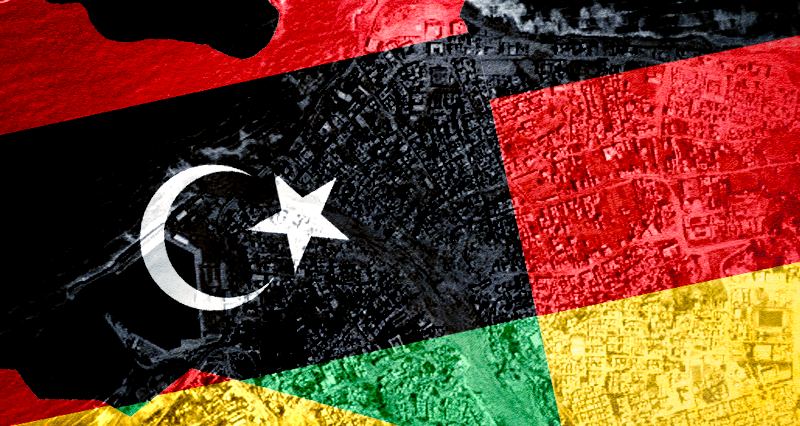

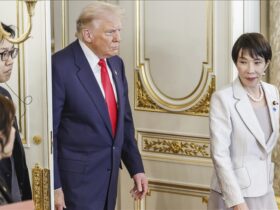
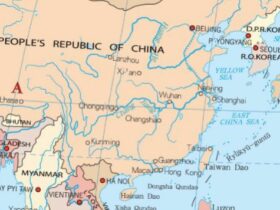

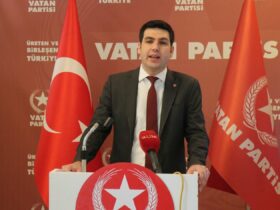
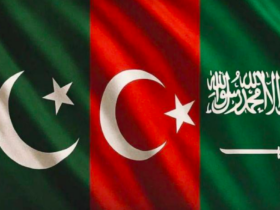
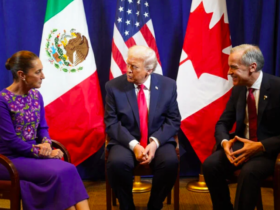

Leave a Reply